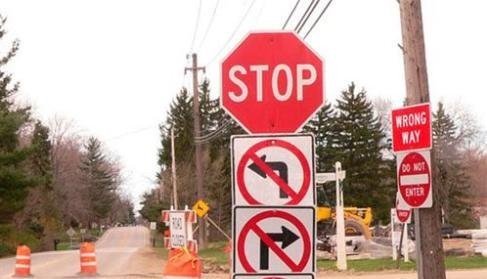Need an effective mediator?
There are six qualities you should demand.
Impasse Avoidance Skills
An effective mediator knows how to avoid Front-End Impasses, Mid-Mediation Impasses, and Last-Gasp Impasses.

Front End Impasses
Both parties say to the mediator, “The other party must make the first offer.”
A mediator who understands Front-End Impasses will explain to both parties the cause of the looming impasse. Difficulties are easier to avoid if everyone understands why they arise. The mediator should point out to the parties that:
There is no magic in who makes the first offer.
For the very reason that negotiating parties try to stake out room in which to manoeuver, experienced negotiators rarely take the other side’s first offer seriously and may not expect that their own first offer will be taken seriously.
The critical thing is to get the bargaining process started.
Mid-Mediation Impasses
Either or both parties say to the mediator: “It’s 2.30 pm, we’ve been here since 10 am and there’s hardly been any movement. There’s not going to be an agreement. We feel we should leave.”
The cause of the looming impasse is that the party has forgotten that the mediator explained at the beginning of the mediation that the mediation would take longer than the parties expected–because it inevitably takes time to explain how the dispute arose; to clear up misunderstandings; to explore the parties’ interests; to brainstorm about how those interests might be satisfied in whole or in part; to formulate offers; to consider offers and make counter-offers; and to come to terms with the reality that compromise is necessary to avoid the risk of a much worse outcome if the dispute goes to Court or to arbitration.
Last-Gasp Impasses
Many mediations are about money or, at least, the currency of their agreement is money. It is common to get to 4 pm and find that the parties are $1,000, or $100,000, or $10,000,000 apart. Both have made extensive concessions to get to that point. Both parties say that they are not prepared to make further concessions and that they have reached their “bottom line” (plaintiff) or “top dollar” (defendant).
The question facing the parties, their lawyers and the mediator is: Can the last gap be bridged and the dispute settled?
There are many causes for last-gap impasses, for example:
The last dance: reluctance to finally lose the conflict or the relationship;
The last straw (“I have given up so much already”);
The lawyers feel they have to prove their worth by continuing to be aggressive.
Effective mediators know that there are many techniques for bridging the last gap and will choose the technique by reference to the cause of the looming impasse: Horses for courses/impasses. The techniques include:
Explain the difficulty of the choice each party faces and focus on their BATNAs.
Return to the best-case/worst-case scenarios for each party. Try to convince them that they are better off settling than battling in Court.
Split the difference.
Expand the pie.
Transfer the last gap to a third party.
Consider an apology, which may make the last gap seem less significant.
Chance– flip a coin to bridge the last gap.
So, when selecting a mediator, ask if they are experienced in avoiding impasses. If they don’t know what you’re talking about, they’re not the mediator you want.
As part of their offer, the defendant would [do A; or pay you B; or retract C]. This isn’t something you’d get if you went to Court and won your case. So this aspect of the offer is better than your best alternative to settling.